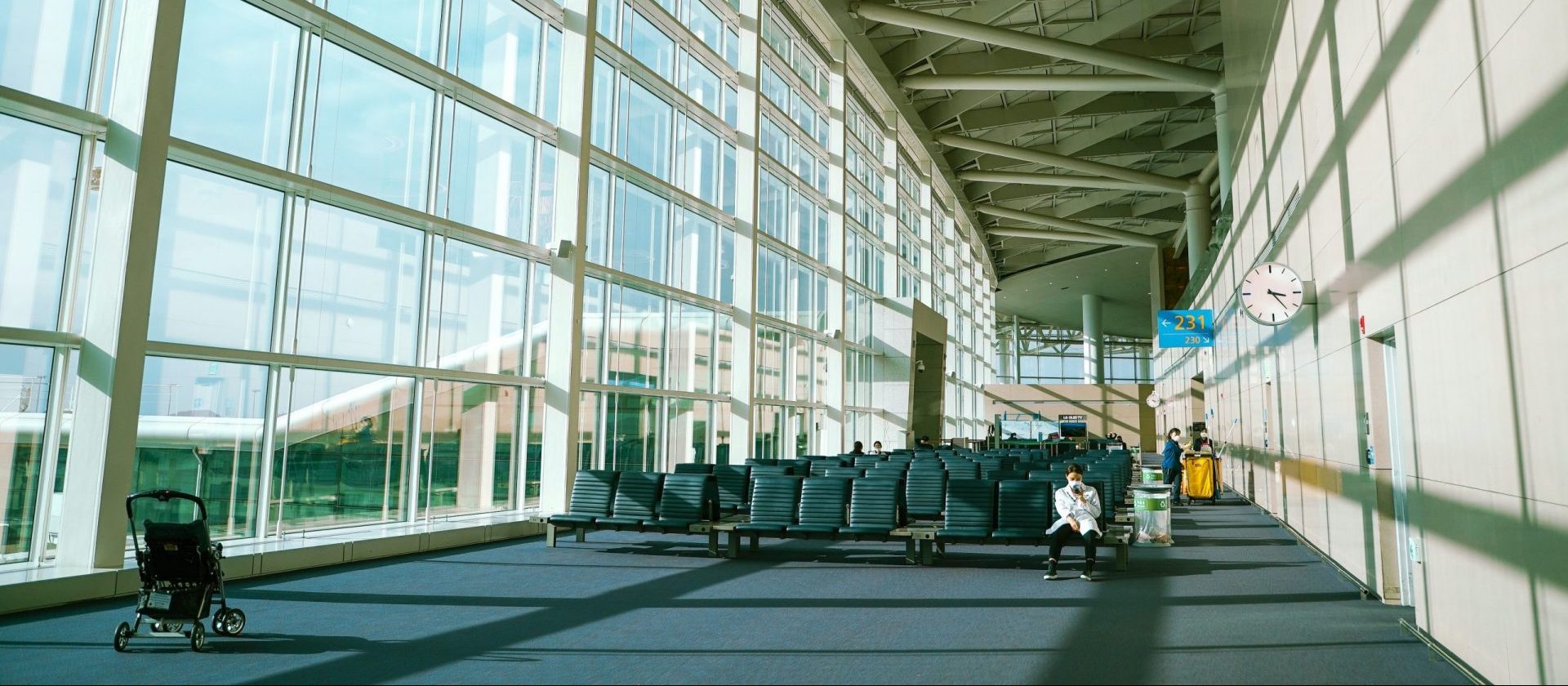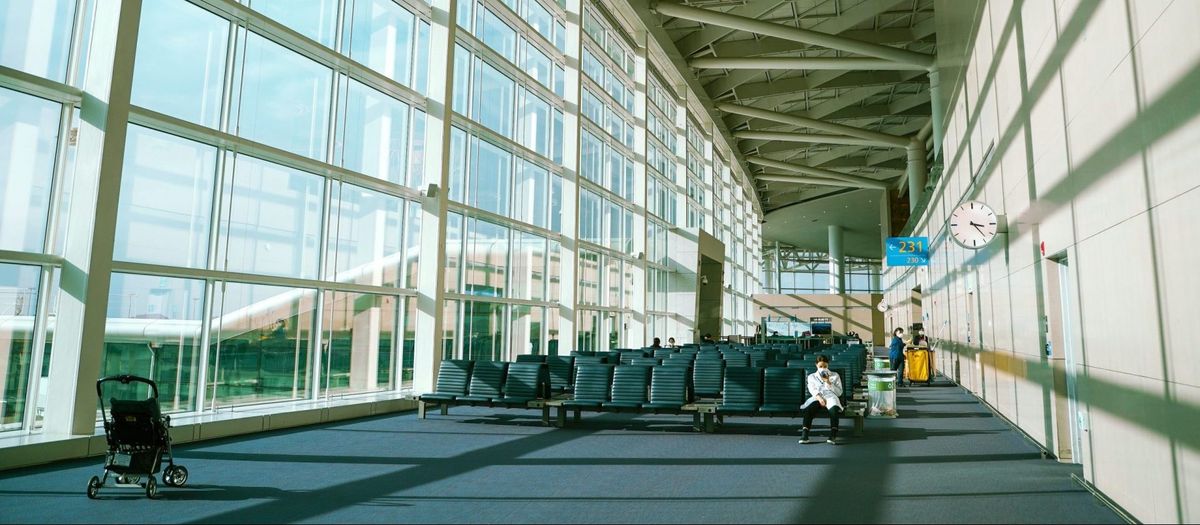
Summary
There will be no returning to ‘business as usual’ after the COVID-19 crisis. But regardless of what the post-pandemic world holds, one thing is clear: no country will be able to survive and thrive on its own. On 27 May, a few months ahead of the biennial Asia-Europe Meeting (ASEM) Summit, an international panel of experts joined Friends of Europe for the online debate ‘Europe, Asia and their post-pandemic future’ to discuss the future of relations between the two.
Beyond the immediate epidemiological and economic consequences, the outbreak of COVID-19 has also served to exacerbate existing trends and inequalities, lending new urgency to finding solutions. A global leadership vacuum and a fragilised multilateral system are two such issues.
“There has been a bit less of a coherent response to this crisis compared to other crises like the financial crisis or the SARS epidemic,” observed Bart Gaens, Senior Research Fellow at the Finnish Institute of International Affairs. “I think there’s really a need for Europe and Asia to come together and make a strong stance against unilateralism and for multilateralism.”
With support for full-blown multilateralism waning, so-called ‘minilateralism’ may be the way forward in the interim – whether through increasing regionalism or intra-regionalism like ASEM.
“In the absence of global leadership, the rest of the world – and that includes all of us here – needs to step up with what I always call functional or issue-based leadership,” said Yeo Lay Hwee, Director of Nanyang Technological University’s European Union Centre. “To exercise this leadership through various constellations of what we call coalitions of the willing.”
Zhang Lirong, Secretary-General of the China Forum at Tsinghua University’s Center for International Security and Strategy, agreed: “I think regional organisations like ASEAN and the EU, and international organisations – like the United Nations, WTO and the economic organisations – will have a bigger role to play. And Asia and Europe – or China and Europe – will have to support those organisations and regional arrangements to function better.”
As the world faces the most severe economic downturn since the Great Depression, it will be vital to defend international cooperation and free and fair trade. “COVID-19 is significantly changing the external and internal environments. We see this with the recent escalation of regionalisation of the supply chain – localisation of the supply chain,” said Chi Fulin, President of the China Institute for Reform and Development (CIRD).
With its far-reaching effects, the pandemic has proven above all to be an issue of human security. Any and all measures taken should approach it from this angle. “Let us start with the human security first,” suggested Ummu Salma Bava, Jean Monnet Chair and Professor at Jawaharlal Nehru University’s Centre for European Studies. “Let’s place that at the centre of the equation. Health, migration, climate and trade will then automatically be a part of the solution.”
As long as these issues are not all taken into account, there remains the risk that some countries will consider retreating within their borders and decoupling from the world stage. “I fear, nevertheless, that depending on how long this pandemic goes on, we are as well in the danger of nationalism and protectionism,” said Jo Leinen, former Chair of the European Parliament Delegation for relations with the People’s Republic of China (2014-2019).
Despite the challenges, many see hope for a brighter future and deeper cooperation. “I think in these days and dangerous times it’s the positivity and the constructive approach rather than these geopolitical blame games that is a winner,” said Shada Islam, Director of Europe & Geopolitics at Friends of Europe.
Akiko Fukushima, Senior Fellow at the Tokyo Foundation for Policy Research agreed: “The coronavirus did not bring crisis alone. It is offering new opportunities for us to work together… The November meeting of ASEM would be a great platform for us to show what we mean by our cooperation.”
Panellists concluded with the shared hope that this year’s ASEM Meeting, taking place under the theme of ‘Strengthening multilateralism for shared growth’, could be an opportunity to deliver strong messages on multilateralism, sustainable development, digital innovation and public health partnerships.
About
As COVID-19 causes untold damage to global health systems and the world economy, it has worsened an already tense geopolitical landscape. As countries across the world prepare to slowly exit current lockdowns, this panel debate will look at Europe-Asia relations’ post-COVID future, asking what the two regions can do together to rebuild battered economies, aid the most vulnerable and reinforce increasingly fragilized multilateral organisations, including the World Health Organization and the World Trade Organization.
This online panel discussion will be livestreamed and will take place immediately after a Strategic Conversation with Parag Khanna, Author of ‘The future is Asian’.
Viewers are encouraged to submit their questions via Twitter using @FriendsofEurope, #FoEDebate.
Related content:
- Strategic Conversation with Parag Khanna, Author of ‘The future is Asian’
- “Reviving trade is key to a global recovery – here’s how Europe can help” by Shada Islam
- Friends of Europe discussion paper “Rethinking global governance”
Schedule
The COVID-19 outbreak is impacting on global health systems as thousands of people across the world fall victim to the virus. It has also caused untold economic damage and worsened an already tense geopolitical landscape. Nationalist and populist rhetoric and actions, propaganda and toxic blame games are threatening to deepen the divide. As countries across the world prepare to slowly exit current lockdowns, the focus must be both on building better and more resilient global health infrastructure as well as mobilising resources to ensure a stronger, faster and sustainable economic recovery. With Asian and European leaders set to meet for a series of bilateral summits in the coming months as well as the two-yearly Asia Europe Meeting (ASEM) at the end of the year, what can the two regions do together to rebuild battered economies, aid the most vulnerable and reinforce increasingly fragilized multilateral organisations, including the World Health Organization and the World Trade Organization?
- Can Europe and Asia overcome differences and come together to rebuild the global economy?
- Can Europe and Asia work as engines to boost waning global enthusiasm for multilateralism? What will such collaboration entail and what compromises will need to be made?
- What are the likely scenarios for future relations between the two, and what should be the key issues on the ASEM agenda at the end of the year?
speakers
Ummu Salma Bava
Jean Monnet Chair and Professor at Jawaharlal Nehru University’s Centre for European Studies
Chi Fulin
President of the China Institute for Reform and Development (CIRD)
Akiko Fukushima
Senior Fellow at the Tokyo Foundation for Policy Research
Bart Gaens
Senior Research Fellow at the Finnish Institute of International Affairs
Jo Leinen
Chair of the European Parliament Delegation for relations with the People's Republic of China (2014-2019)
Yeo Lay Hwee
Director of Nanyang Technological University’s European Union Centre
Zhang Lirong
Secretary-General of the China Forum at Tsinghua University’s Center for International Security and Strategy
moderator
Shada Islam
Managing Director at New Horizons Project
Speakers
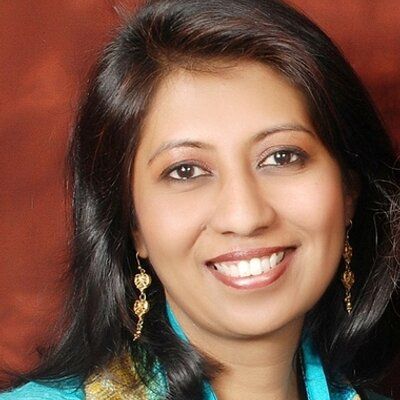
Jean Monnet Chair and Professor at Jawaharlal Nehru University’s Centre for European Studies
With more than thirty years of teaching and research experience, Ummu Salma Bava is a leading Indian expert on contemporary, German, EU and Indian foreign and security policies. A member of the Stiftung Wissenschaft und Politik’s (SWP) Research Advisory Council and the German Institute of Global and Area Studies’ Academic Advisory Board, she was also awarded Germany’s highest civilian honour in 2012 – the Order of Merit. Bava holds the Jean Monnet Chairmanship on the EU, Security and Peace and Conflict Resolution until August 2020.
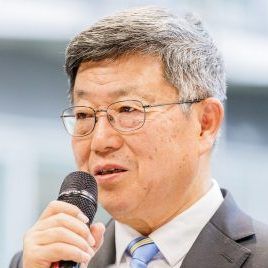
President of the China Institute for Reform and Development (CIRD)
As President, Chi Fulin leads the China Institute for Reform and Development’s efforts to facilitate China’s economic and development policy. He has published over 500 academic papers and is the recipient of numerous awards. Chi was listed in 2009 as one of the ‘100 Economists that have influenced China’s economic construction in the last 60 years’. In addition to his role at CIRD, he serves in numerous leadership positions including as Vice-Chairman of the China Society of Economic and Administrative Reform.
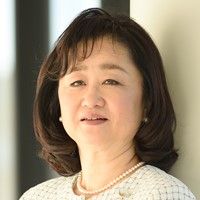
Senior Fellow at the Tokyo Foundation for Policy Research
Akiko Fukushima is a leading expert in Japanese foreign policy and aid. Her previous academic roles include working as Director of Policy Studies at the National Institute for Research Advancement (NIRA), Professor at Aoyama Gakuin University, and Senior Fellow at the Japan Foundation. Fukushima has also served on Japanese government committees including Prime Minister Shinzō Abe’s Advisory Council on National Security and Defense Capabilities. She has published numerous books and chapters, including on human security, peacebuilding and Japan’s role in institution-building.

Senior Research Fellow at the Finnish Institute of International Affairs
Bart Gaens is an experienced academic whose research has focussed on major power relations in East Asia, EU-Asia relations, and the Asia-Europe Meeting (ASEM). He previously led a research project on the EU’s relations with Asia at the University of Helsinki Network for European Studies and worked as an advisor in the Finnish Ministry for Foreign Affairs during preparations for the ASEM6 Summit. He has published extensively on Europe-Asia interregional relations, with special focus on the ASEM process.
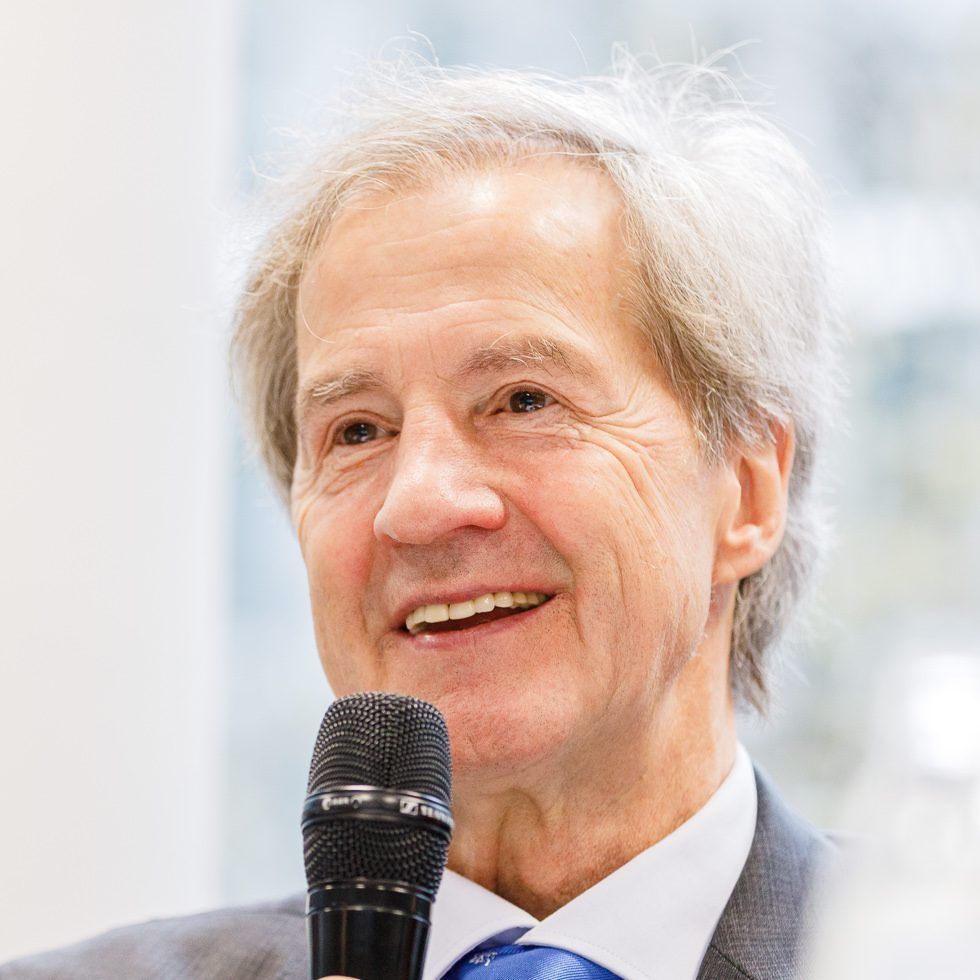
Chair of the European Parliament Delegation for relations with the People's Republic of China (2014-2019)
A member of the European Parliament for twenty years, Jo Leinen previously served as President of the Constitutional Affairs Committee, Chair of the Committee on Environment, Public Health and Food Safety and took part in the Convention for the Elaboration of a Charter of Fundamental Rights for the EU. In his latest role he was responsible for relations with China. His work also covered relations between the EU and UN, as well as with the African, Caribbean, and Pacific Group of States (ACP). Prior to joining the European Parliament, Leinen was Minister for the Environment in the State Government of Saarland, Germany.
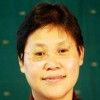
Director of Nanyang Technological University’s European Union Centre
An international relations expert, Yeo Lay Hwee’s research interests revolve around comparative regionalism, multilateralism and governance networks. She has written extensively on issues pertaining to Asia-Europe relations in general, and specifically on the ASEM process and EU-ASEAN relations. In addition to leading the European Union Centre, she is also Council Secretary at the Singapore Institute of International Affairs, Adjunct Fellow at the S Rajaratnam School of International Studies, and Adjunct Faculty at the Singapore Management University. Yeo is also a member of the Scientific Committee of a multi-year research project on ‘Trends in Global Governance and Europe’s Role’.
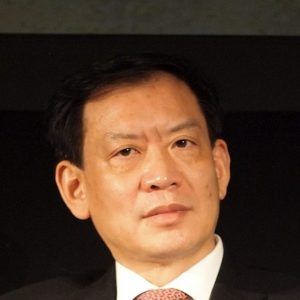
Secretary-General of the China Forum at Tsinghua University’s Center for International Security and Strategy
With a distinguished history of foreign service, Zhang Lirong now leads the China Forum, part of Tsinghua University’s Center for International Security and Strategy. Before taking up his current role, he served as Minister and Deputy Head of Mission of the People’s Republic of China to the EU. With over 40 years of experience as a diplomat, Zhang’s career focussed largely on Western European affairs, eventually leading him to serve in both Denmark and the United Kingdom before moving to Brussels.
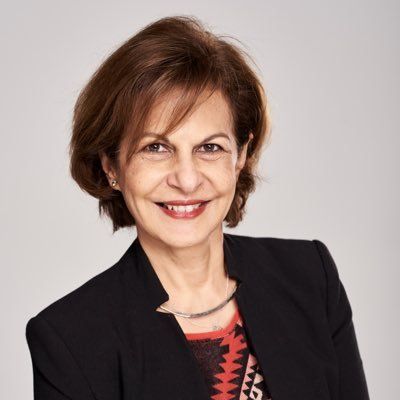
Managing Director at New Horizons Project
Activities
Europe-China Forum
Next event In person & livestreamed

- Area of Expertise
- Global Europe
Trading tariffs and trade as a geopolitical tool
Past event

- Area of Expertise
- Global Europe
From aid to investment: shaping Europe's global role in a changing world
Past event Online

- Area of Expertise
- Global Europe
Future Africa-Europe High-Level Forum
Past event IN PERSON & ONLINE

- Area of Expertise
- Global Europe
Trump's betrayal of the world's poor is Europe's opportunity
- Category
- Frankly Speaking
- Author
- By Giles Merritt
Policy Voices | #Throwback: UNRWA’s Jonathan Fowler on Gaza: “It is a…
- Category
- Podcast
- Area of Expertise
- Global Europe
DRIVE Impact Initiative final report
- Category
- Event Reports
- Area of Expertise
- Global Europe
Europe’s blackouts call for a NATO-level response
- Category
- #CriticalThinking
- Author
- By Maurizio Geri

- Area of Expertise
- Global Europe

- Area of Expertise
- Global Europe

- Area of Expertise
- Global Europe

- Area of Expertise
- Democracy
Continue
the debate on
- Debating Europe
